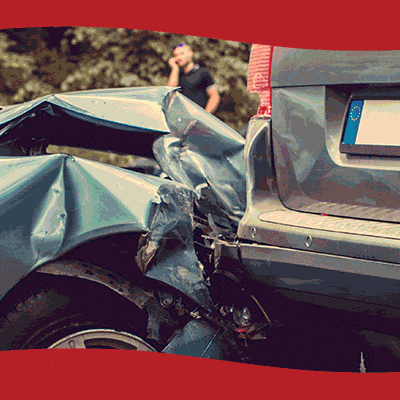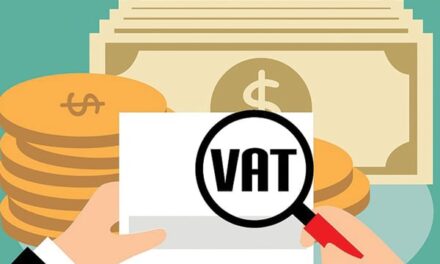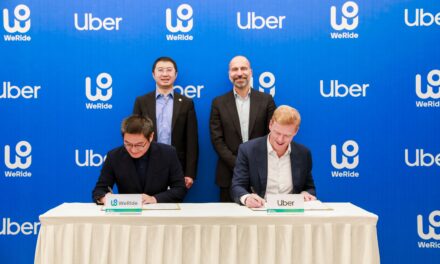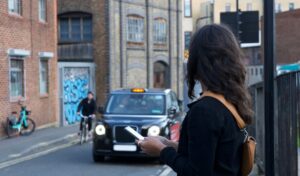What is the issue?
The Court of Appeal issued its decision in DELTA Merseyside Ltd & Veezu Holdings Ltd v Uber Britannia Ltd (“DELTA”) on 15 July 2024 and overturned the previous ruling in the High Court.
This presents a problem for HM Treasury and HMRC. At face value, the VAT treatment of income earned by a private hire operator (“PHO”) now relies on a patchwork of UK licensing regulations, rather than VAT legislation. There are many instances in primary VAT legislation which rely on third party statute to establish the boundaries of VAT exemptions or zero-rating. By contrast, there is no precedent for third party statute to dictate the amount of VAT payable in different parts of the UK, based on similar or identical business models.
HMRC guidance
HMRC’s guidance for PHOs and self-employed drivers can be found in VAT Notice 700/25.
In summary, if the customer makes payment directly to the driver, it is typically the driver that makes the supply and bears the liability to account for VAT. As drivers’ earnings are typically below the VAT registration threshold of £90,000 per year, this income will not be liable to VAT.
Advertisement
The PHO will charge the driver an access fee, either fixed or commission based. This income will be subject to VAT but will only be a proportion of the income earned by the driver.
Licensing regulations
There are several distinct versions of licencing regulations in the UK. The overarching themes are broadly the same, in that they seek to ensure the safety of passengers who take journeys in private hire vehicles. The variations are the cause of the potential VAT headache.
Each set of regulations require three types of licence:
- The vehicle itself must be licenced to be used as a private hire vehicle.
- The driver must hold a private hire vehicle driver’s licence.
- An operator’s licence must be held by anyone accepting bookings for private hire journeys.
With a focus on the DELTA judgment, the key differences are as follows:
London
In London (“The 1998 Act”), “Operator” is defined as “a person who makes provision for the invitation or acceptance of, or who accepts, private hire bookings” and “Any reference in this Act to the operator of a vehicle which is being used as a private hire vehicle is a reference to the operator who accepted the booking
England and Wales
The regulations in force in the rest of England and Wales (“The 1976 Act”) have broadly the same idea of an operator but word this differently: “For the purposes of this Part of this Act every contract for the hire of a private hire vehicle licensed under this Part of this Act shall be deemed to be made with the operator who accepted the booking”
Plymouth
The Regulations in Plymouth are based on separate regulations to the rest of the UK, these also require vehicle, driver, and operator licences. These regulations also include a deeming provision: “For the purposes of this Act every contract for the hire of a private hire vehicle licensed under this Act shall be deemed to be made with the operator who accepted the booking”
Scotland and Northern Ireland
The Scottish and Northern Irish regulations require certain categories of vehicle to be booked only on a licenced booking premises but do not include a deeming provision. Nor do they include a definition of “Operator”.
Advertisement
Case law
The High Court in Uber London Ltd v Transport for London declared that “in order to operate lawfully under the Private Hire Vehicles (London) Act 1998 a licensed operator who accepts a booking from a passenger is required to enter as principal into a contractual obligation with the passenger”.
In contrast, The Court of Appeal in DELTA held that a “deeming provision does not inevitably turn fiction into fact” and applies only to “this part of the act” it should not therefore be construed more widely to imply that a contract had as a matter of fact been entered into between the parties.
Add to the mix…
The VAT Tribunal in Bolt v HMRC ruled that the tour operators margin scheme (“TOMS”) applied to the supplies made by Bolt, which was therefore only required to pay VAT on the margin earned between the passenger fare and the amount retained by the driver. HMRC have appealed this decision, and we understand the case will be heard in November 2024.
A mess that needs fixing
This is an untenable position:
- The VAT treatment of supplies in the private hire sector depends on a mixed bag of licensing regulations which are not designed to deal with VAT.
- We await the outcome of an HMRC appeal against a VAT Tribunal decision that VAT is only due on the gross profit retained by a PHO.
- We await the outcome of the Government consultation on the private hire sector, which was based on the outcome of a High Court decision, which has been overturned by the Court of Appeal.
What should I do?
Up to now, we have routinely advised our clients to follow HMRC guidance if that makes sense for the business. Outside London that would still appear to be the best option following the DELTA decision, as you can continue to pay VAT for agency work, only on the fees or commissions charged to your drivers. However, the level of uncertainty caused by multiple challenges to the VAT treatment of private hire can of course make it hard to plan in a sustainable way for the future profitability of your business.
We can help you work through these challenges and find a sustainable and defensible position going forward: Contact the MHA team


















